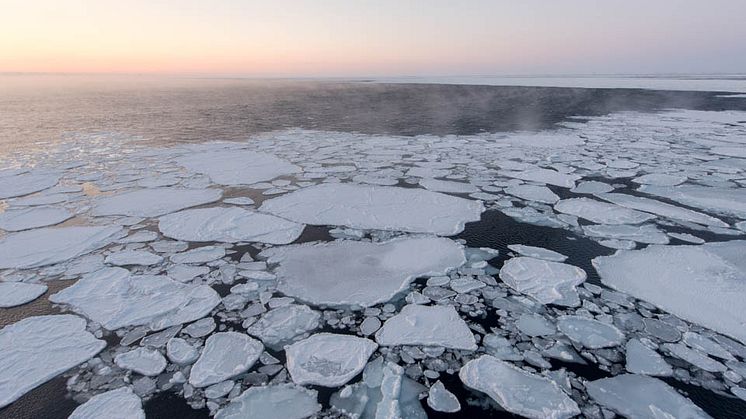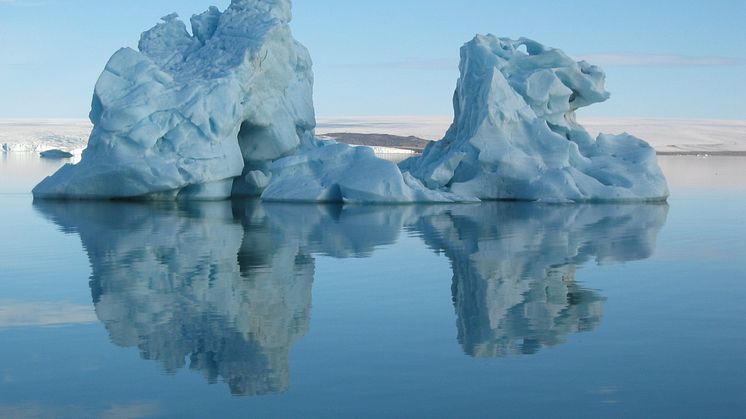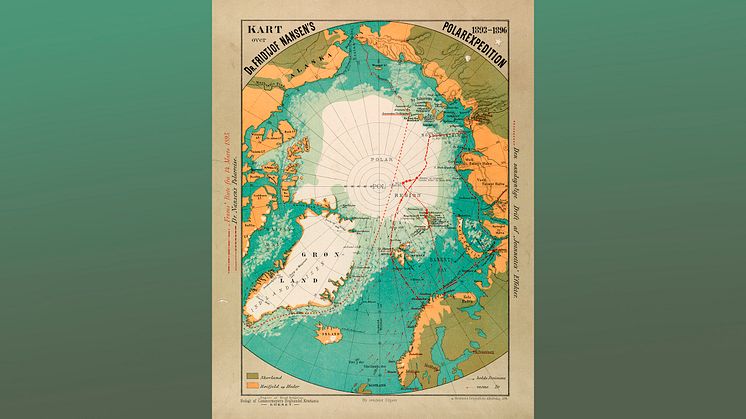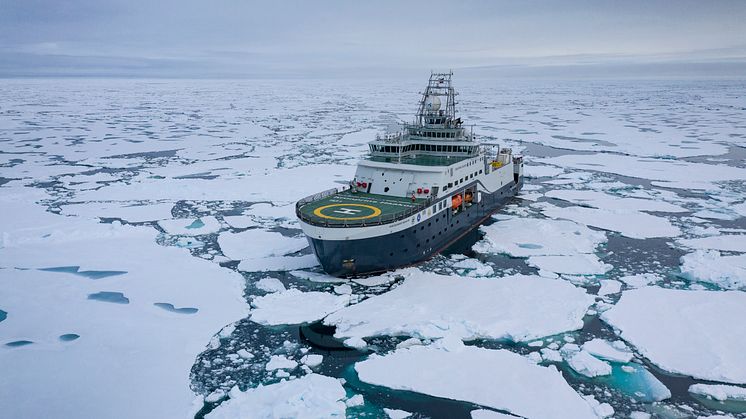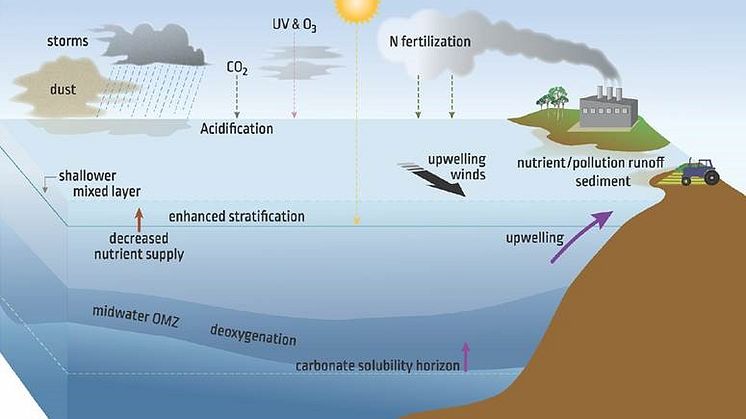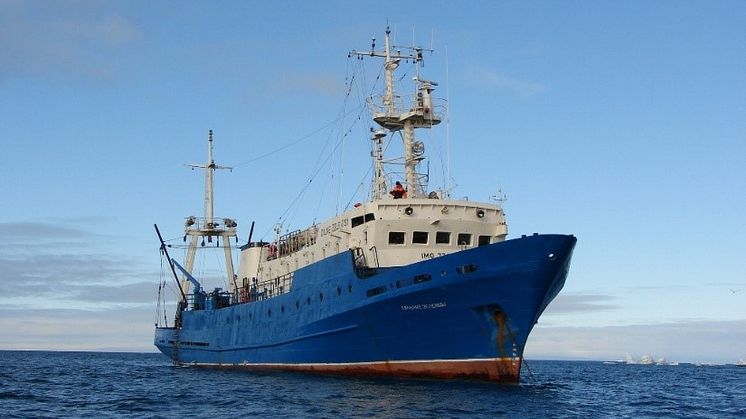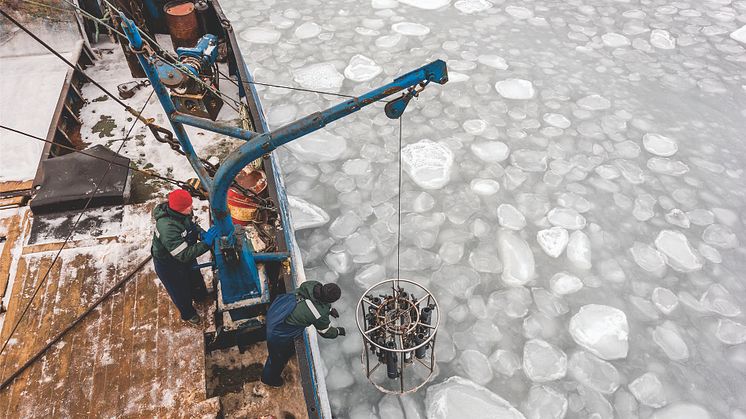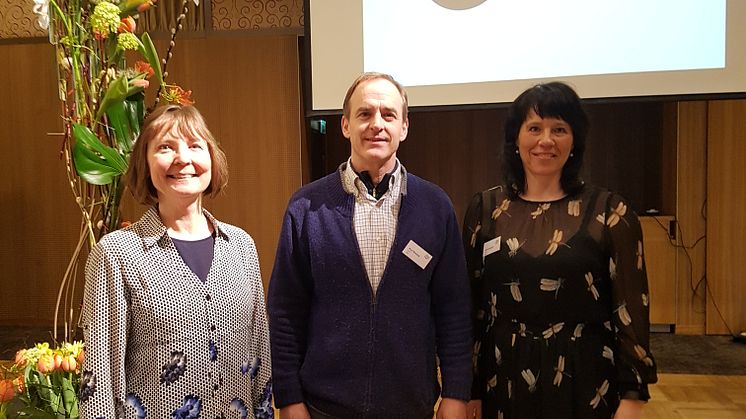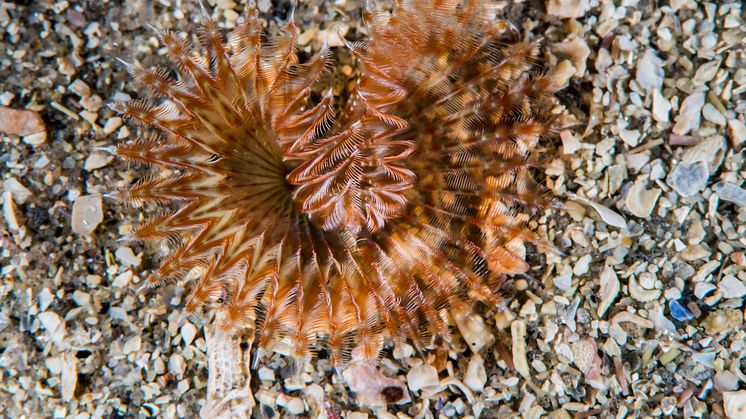
Nyhet -
Even the coldest of Svalbard fjords show effects of climate change
Rijpfjorden, on Nordaustlandet, Svalbard, has long been an example of a pristine Arctic fjord that, unlike fjords on Svalbard's west coast, has not been affected by climate warming. A recent article led by PhD student Èric Jordà-Molina from Nord University and including several Akvaplan-niva co-authors, suggests that warming impacts are being felt even in the far north of Svalbard. Results indicate that Marine Heat Waves (extreme temperature anomalies existing for at least 5 days in a row, and only recently detected in the Arctic) are at least partially responsible for periodic mortality events in seafloor communities. Some regions of the fjord recovered within several years, but other areas changed due to colonization by previously rare taxa. More frequent disturbances may ultimately reduce community resilience, even in this remote Arctic fjord.
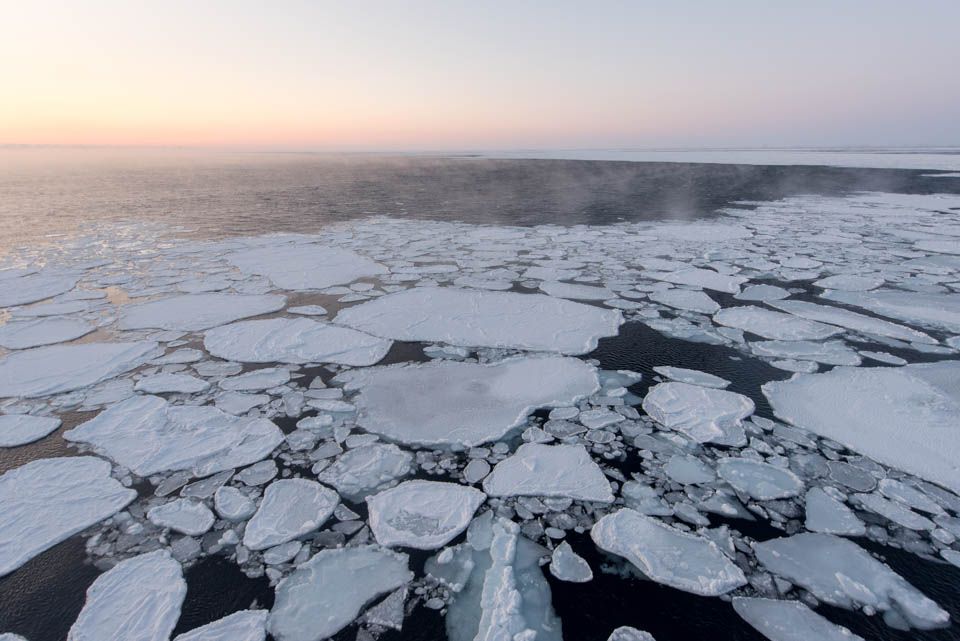
Sea ice on Svalbard (Photo: Olaf Schneider, NPI/Nansen Legacy)
The faunal data used in the paper is a unique, long-term data set begun by Akvaplan-niva researchers Michael Carroll and Will Ambrose when they visited the fjord in 2003. Periodic sampling has taken place since then, and fauna from most of the time series were analysed by our own team of highly skilled taxonomists. 'This is another example of how important time-series data are in climate-change studies. Their value is only appreciated many years later, and therefore, relies on a commitment of resources without knowing what answers the data will reveal,' says Paul Renaud, co-author on the paper.
The study was funded from a variety of projects over the years and most recently by the Nansen Legacy Project. The article was published in the journal Marine Environmental Research.
Link to article: Seafloor warm water temperature anomalies impact benthic macrofauna communities of a high-Arctic cold-water fjord - ScienceDirect
About the Nansen Legacy Project:
The Nansen Legacy Project is a novel and holistic Arctic research project providing integrated scientific knowledge on the rapidly changing marine climate and ecosystem. A new knowledge base is required to facilitate a sustainable management of the northern Barents Sea and adjacent Arctic Basin through the 21st century.
The project is funded by the Research Council of Norway in collaboration with the Ministry of Education and Research and the participating institutions from 2018-2023.
The project is led by Uit the Arctic University of Norway and partners are the Institute of Marine Research, met.no, the Norwegian Polar Institute, NTNU, UiB, UiO, UNIS, NERSC and Akvaplan-niva.
